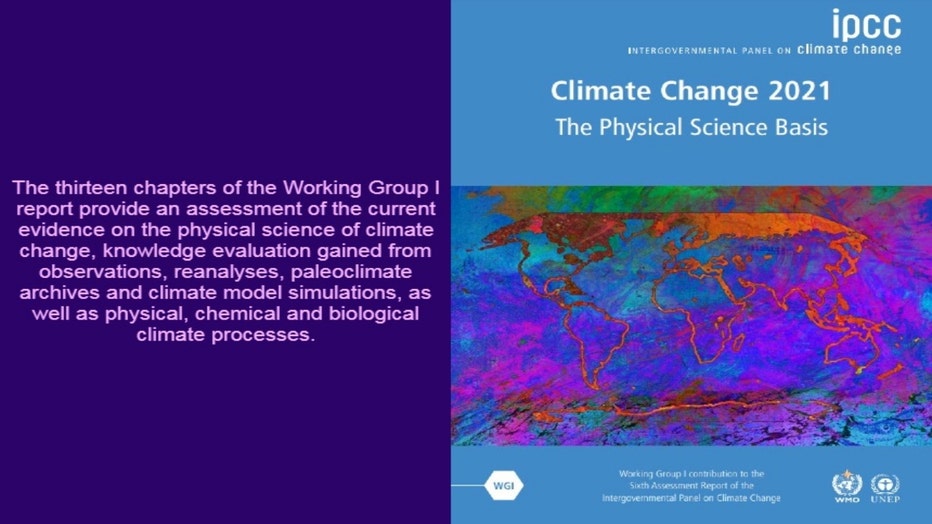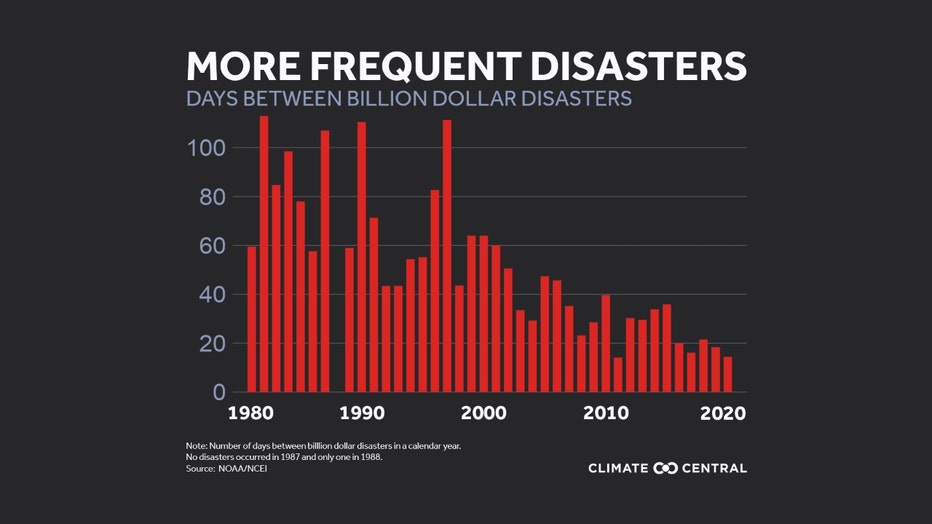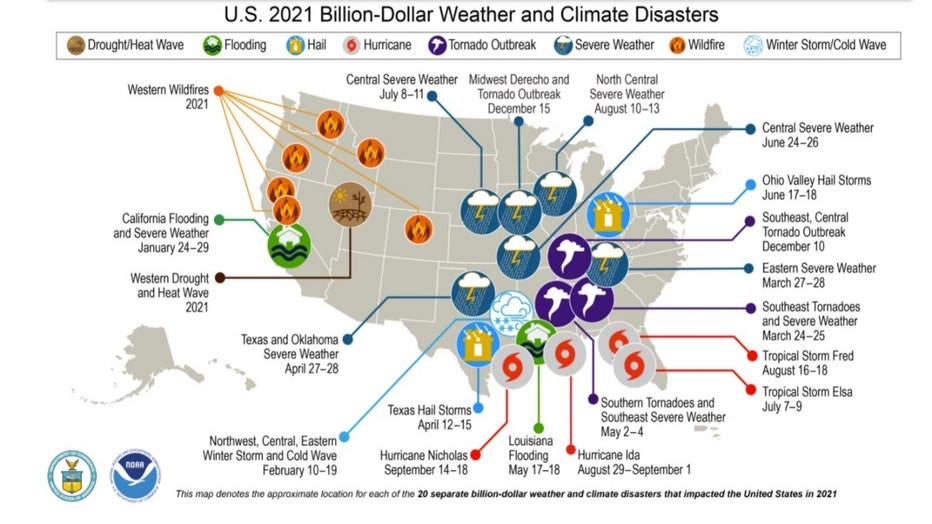Chicago is no safe haven from climate change
Chicago - The latest UN report on climate change draws a dire picture of where our earth could be headed.
The report says we are already seeing severe and widespread impacts. Currently, climate change is happening so fast that the world doesn't have time to adapt.

There have been studies in the past that designate Chicago as one of the best cities to escape the worst effects of climate change. The report released this week from The Intergovernmental Panel on Climate Change, or the IPCC, definitely has more of a glass half-empty view of climate change for our city.
It suggests Illinois won't be able to escape the severe implications of our earth's rapidly changing climate. One of those implications is more extreme flooding for the Midwest.
Total precipitation for the Great Lakes region has increased by 17% between 1951 and 2017. Rainfall records were broken in Illinois for three years in a row from 2018 through 2020 when climate change pushed Lake Michigan's lake levels to "unchartered territory". The previous climate assessment also pointed out in addition to flooding, "increased heat, and lower air and water quality" are all putting the health and well-being of our communities at risk.
Growing evidence suggests the Great Lakes region is not a climate haven but rather it is in the "bulls-eye of climate change".
Climate change has fueled more volatile weather with an increase in billion-dollar disasters. They are becoming so frequent that there is concern about "disaster fatigue". There is less time to recover from a disaster before another one strikes.

Here are some of the findings from a ClimateCentral.org study:
Using NOAA/NCEI data, Climate Central identified a marked increase in the frequency of billion-dollar weather and climate disasters in the U.S. since 1980.
The average time between billion-dollar disasters—time to help communities across the nation recover—has dropped from 82 days in the 1980s to just 18 days on average in the last five years (2016-2020).
The higher frequency of disasters—which is projected to increase further with rising global temperatures—can strain the resources available for communities to recover quickly and manage future risks.
2021 had the second most billion-dollar weather disasters since 1980 with Illinois affected by the costliest winter storm on record.

In total, Illinois was touched by seven billion-dollar weather disasters last year. As a city, Chicago has its unique challenges from climate change that including "wild swings" in Lake Michigan lake levels and more deadly heat waves exacerbated by the urban heat island effect.
The latest UN report has been called "an atlas of human suffering" and Chicago is on one of its many maps. We are not seeing as much suffering now as other parts of the world but according to the study's findings, unless dramatic changes are made, our suffering will be increasing.

